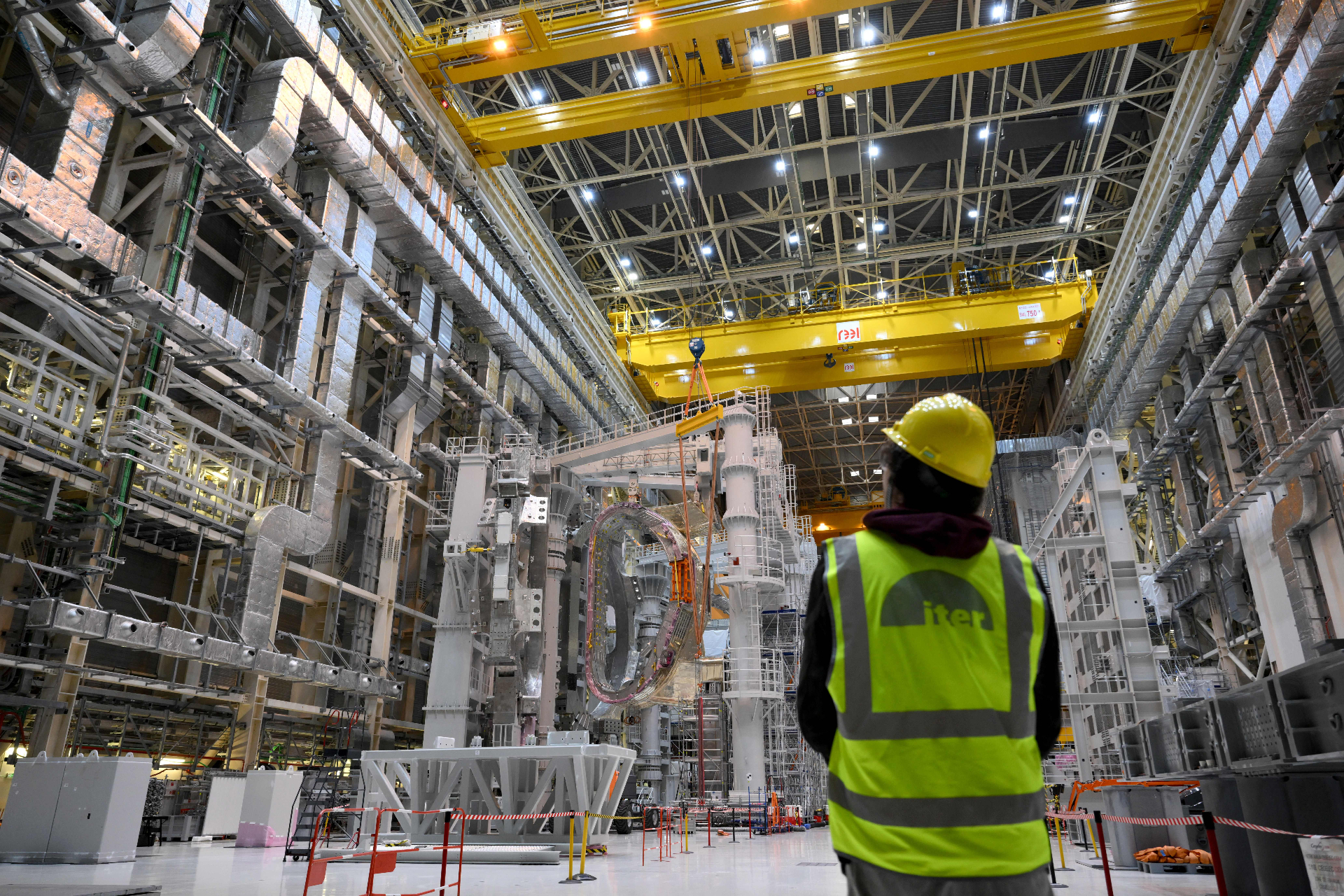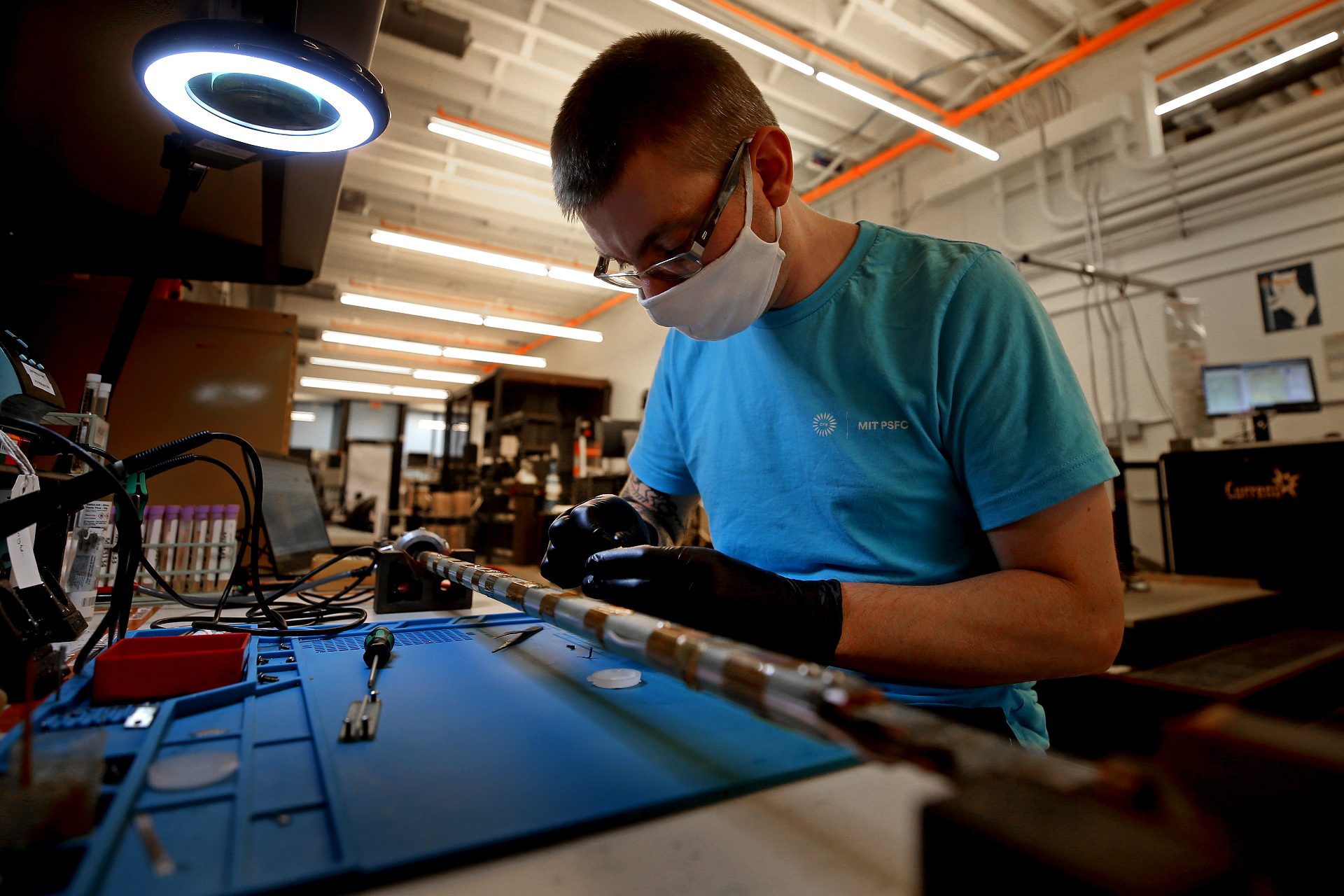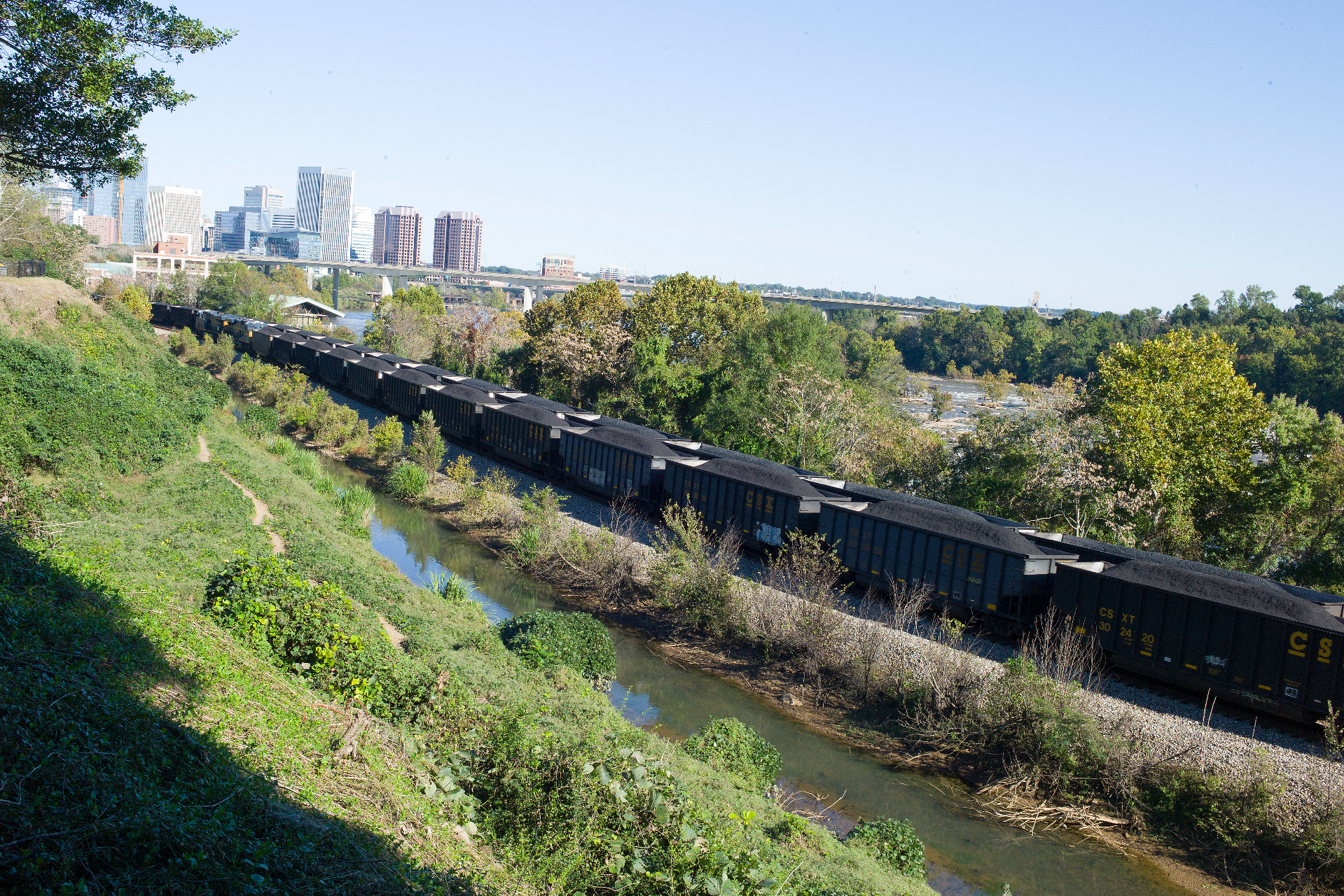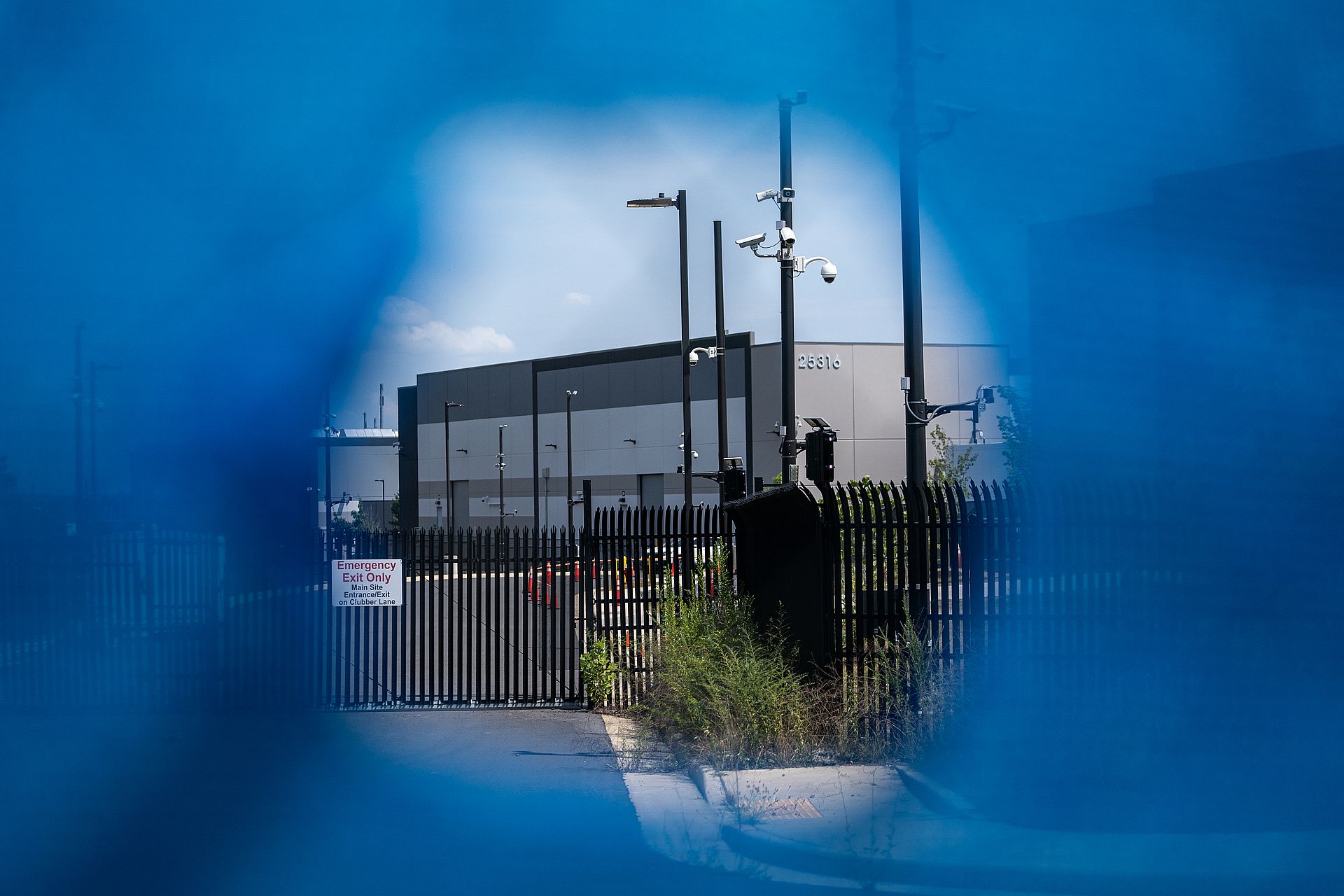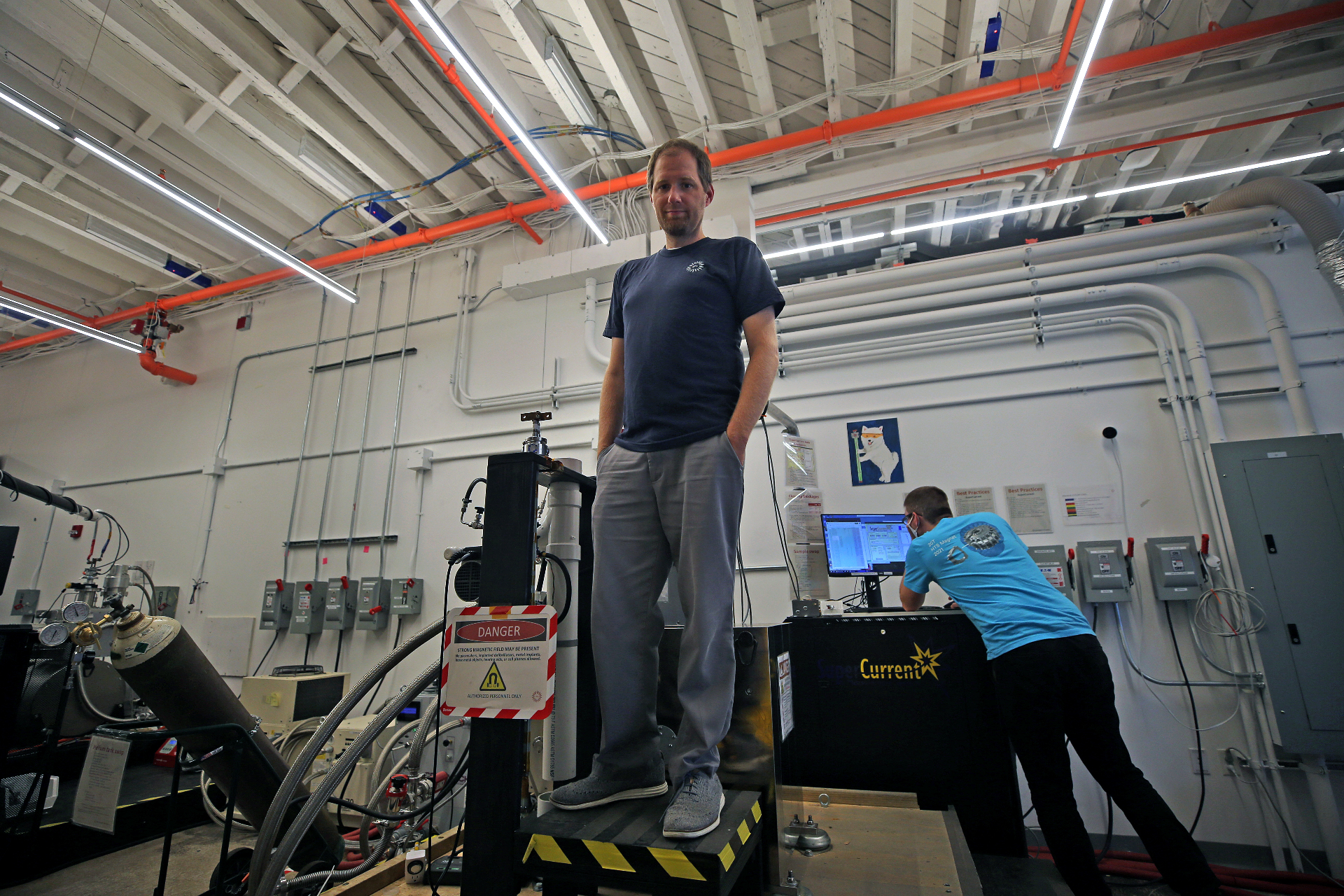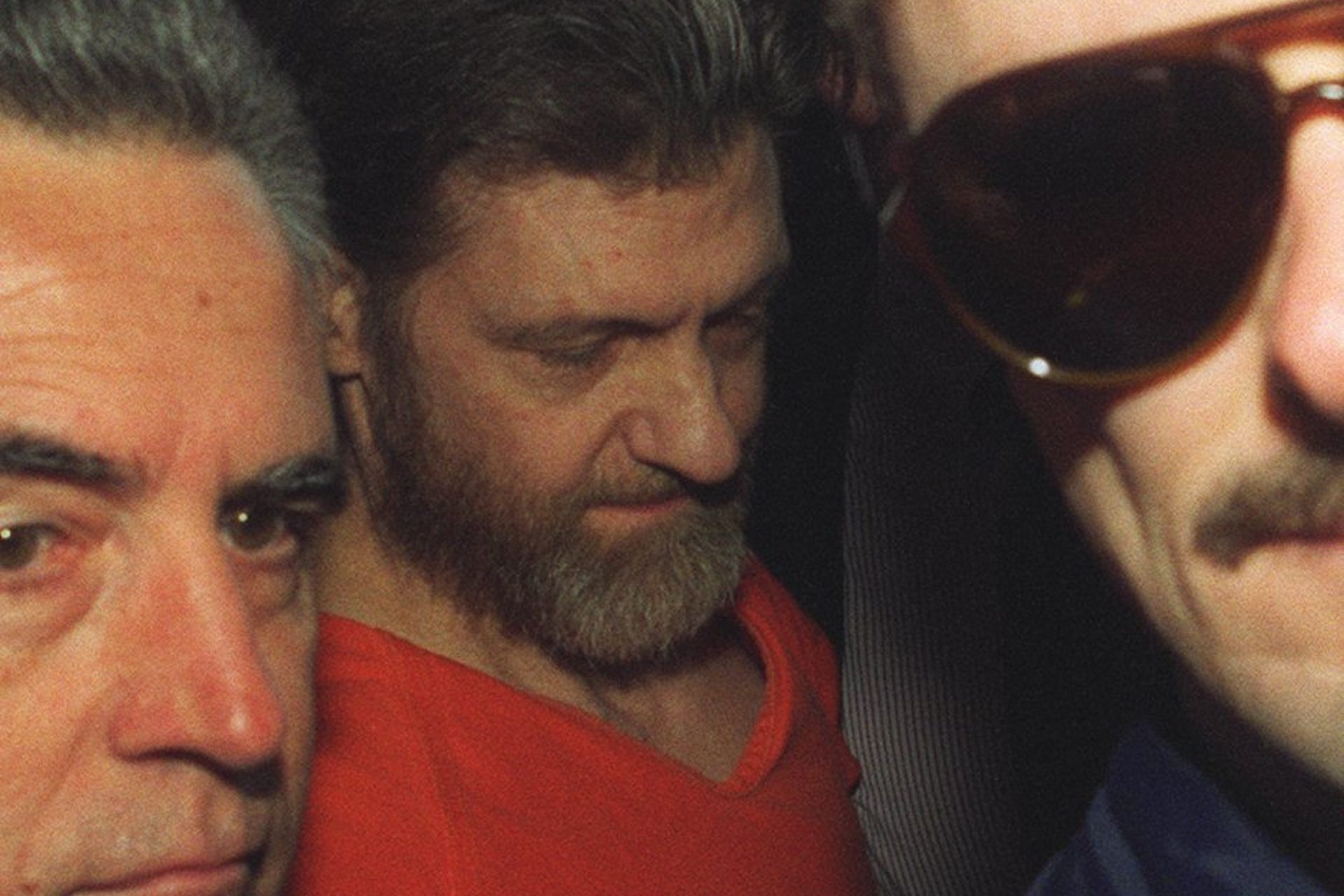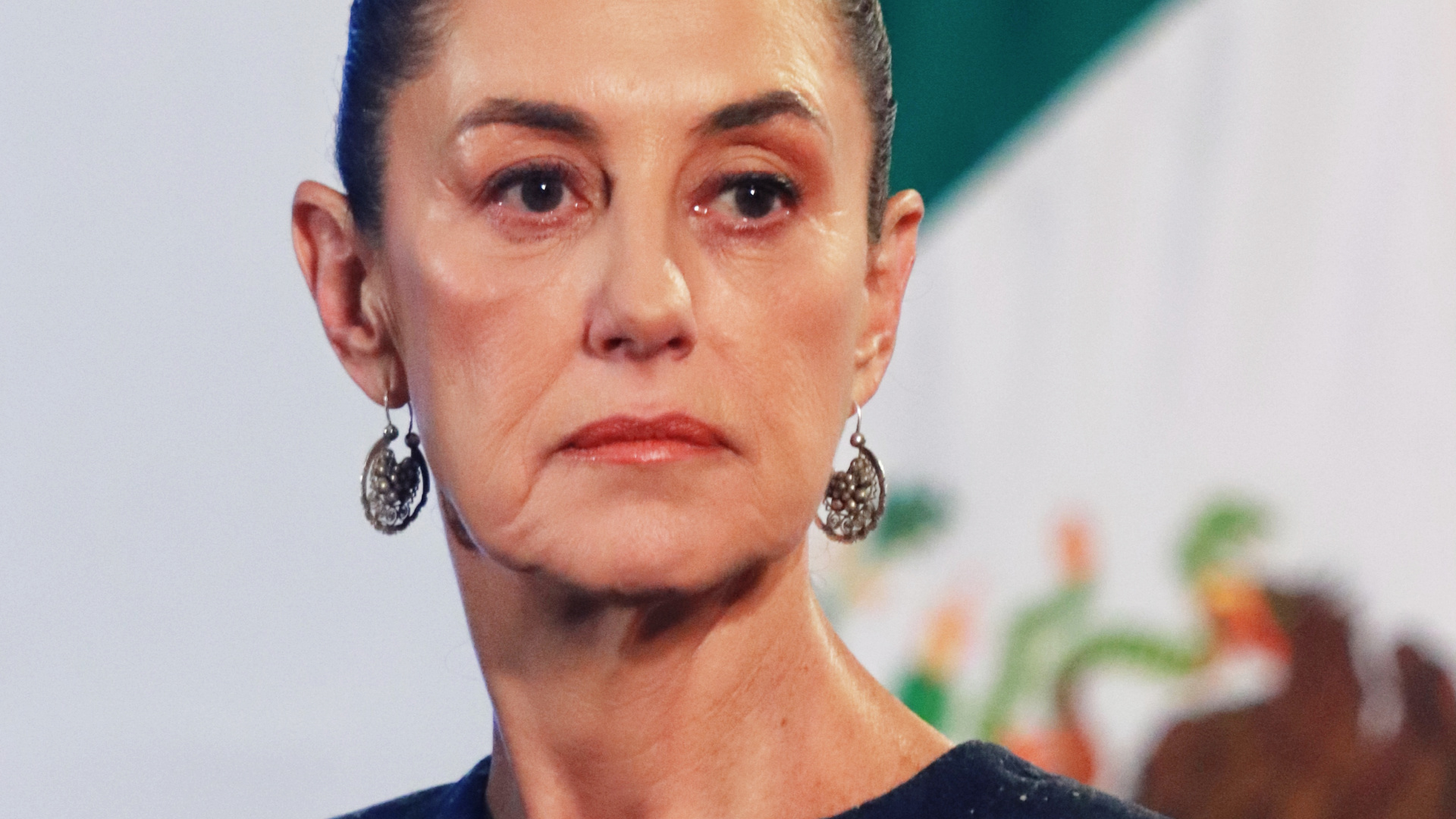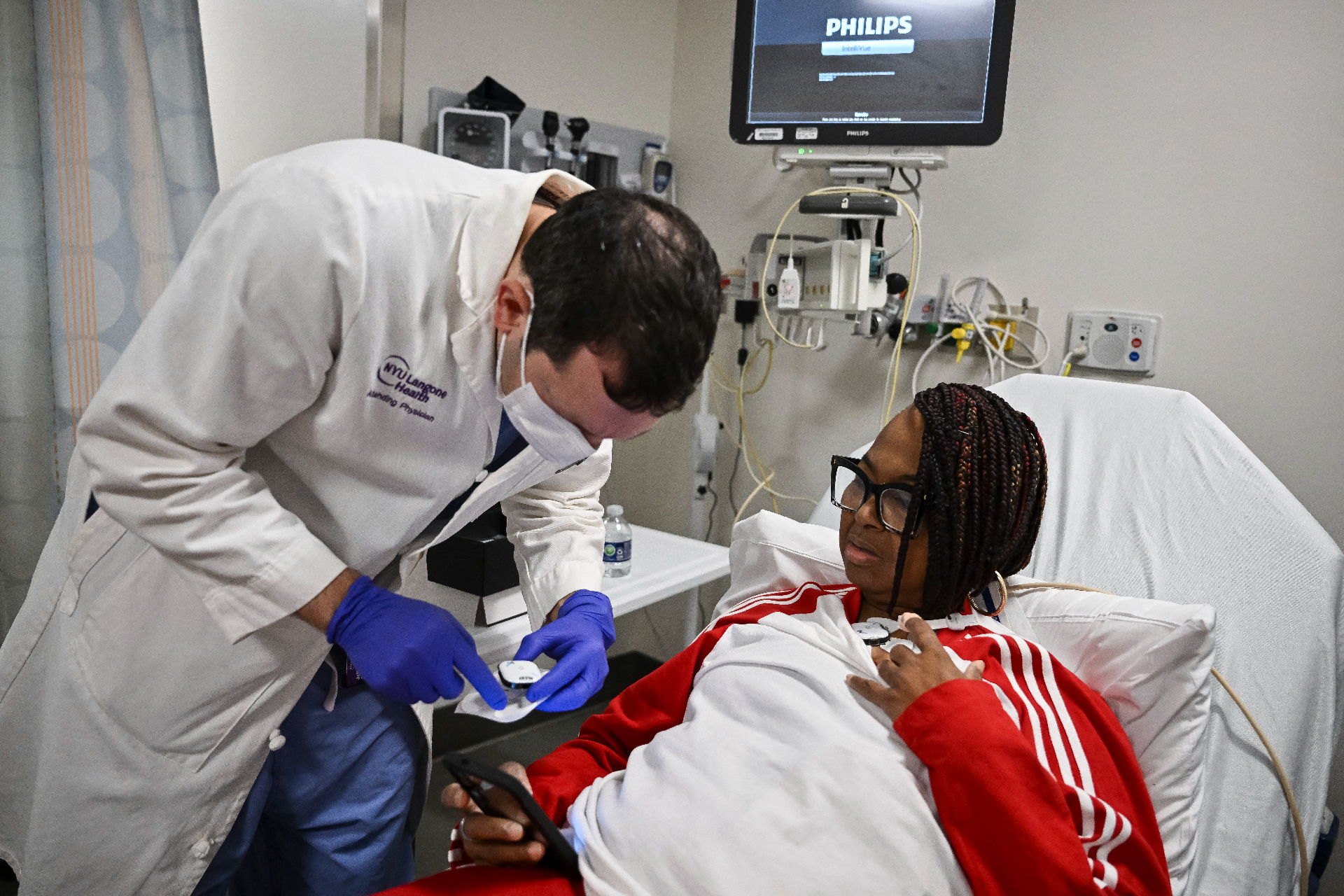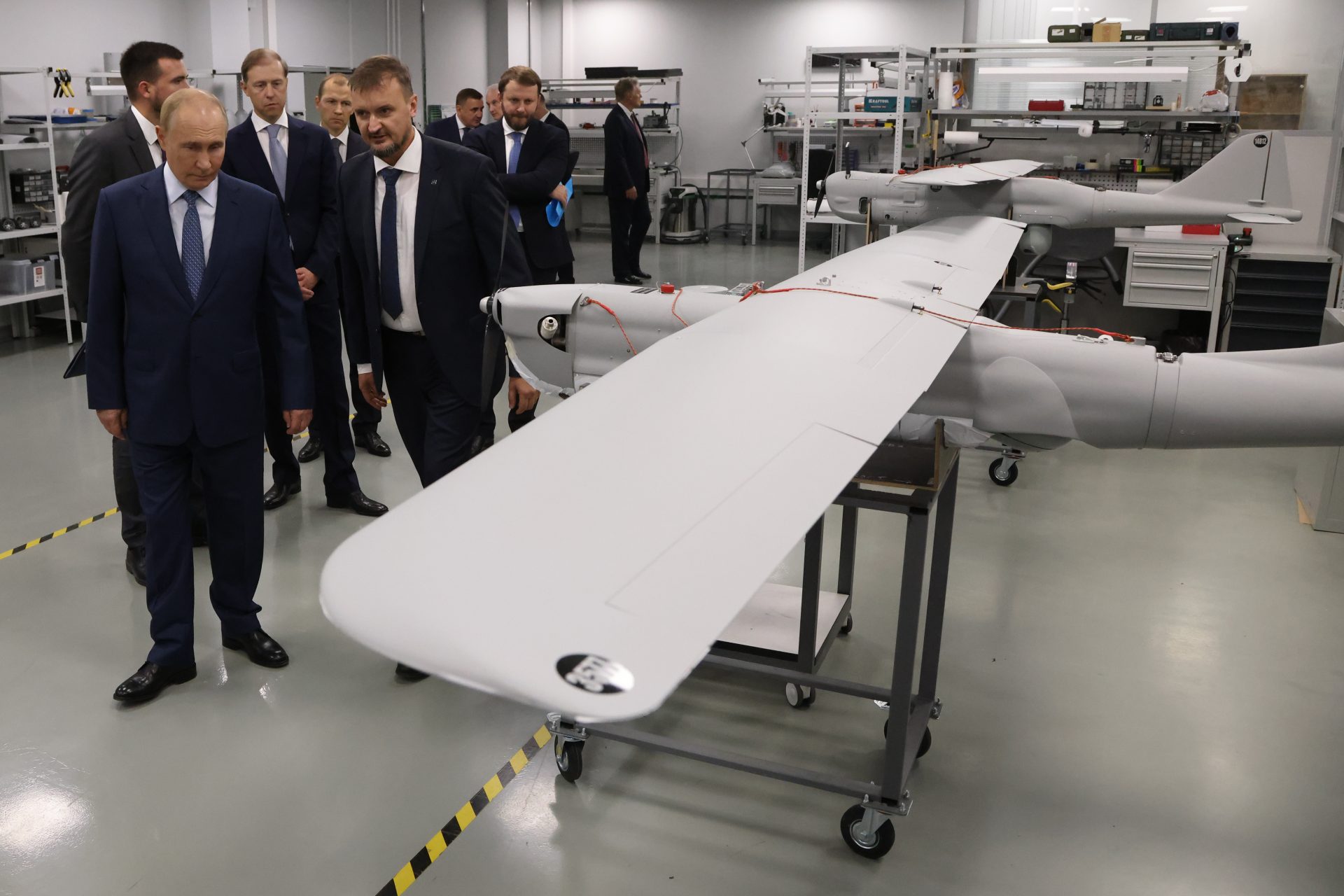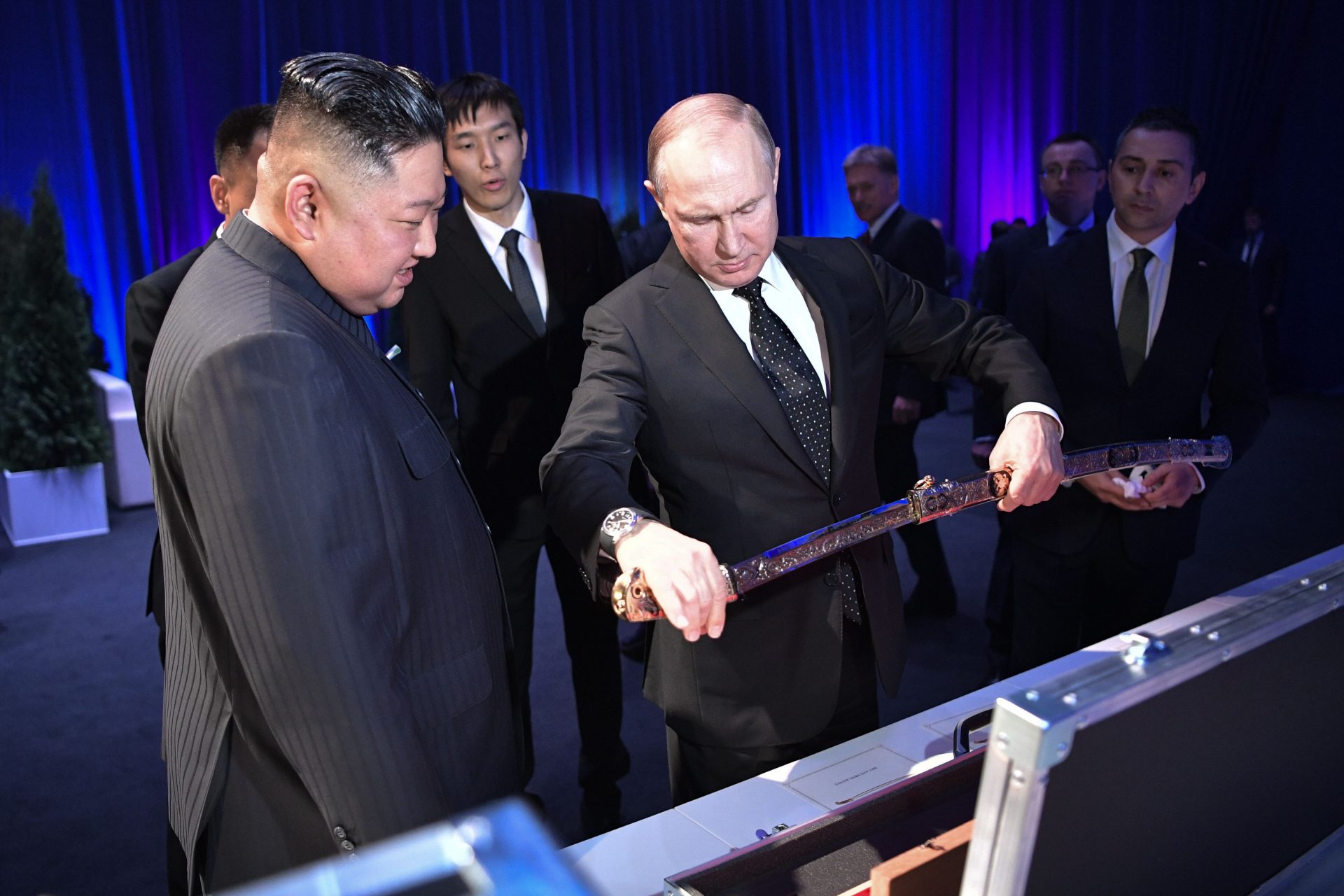Virginia will host the first grid-scale nuclear fusion plant
If everything goes according to plan, Virginia will host the first grid-scale nuclear fusion plant, one of history's most sought-after energy technologies.
American startup Commonwealth Fusion Systems (CFS) announced its plans to build the plant. According to CNN, the company is "one of the largest and most-hyped nuclear fusion companies."
Commonwealth Fusion Systems was born in Massachusetts and is located inside the walls of MIT. Scientific American said it secured about $2 billion in investments for their plans.
The company will build the facility near Richmond. According to CNN, it considered more than 100 locations worldwide but settled on the James River Industrial Center.
Scientific American said Virginia was the ideal choice because of its energy needs. The state is home to a dense concentration of power-demanding server farms.
That is why CFS will likely power industrial clients, CEO Bob Mumgaard told the media. The company said that building the plant could take up to a decade. They expect to connect to the state's grid in the 2030s.
If they do, they hope to generate around 400 megawatts, Mr. Mumgaard told the media. It is the equivalent of what 150,000 homes consume, he said.
Achieving nuclear fusion would be like creating an artificial sun for renewable and clean energy. It is one of science's more sought-after technologies.
Scientists have recently made significant progress toward nuclear fusion. In 2022, an experiment produced the first amount of energy, and last year, a team sustained atomic reactions for a record time.
However, some experts are skeptical of CFS's ability to make the Virginia plant a reality within their proposed timeline. Scientific American's Ben Guarino listed some reasons.
Guarino said that CFS has not finished its demonstration machine, SPARC. The company expects it to show net energy production in 2027, but Mr. Guarino believes that alone would be a feat.
He said nuclear fusion "is the kind of technology that always seems to be just 15 years away" since the 20th century. If CFS fulfills its promise, it would certainly be historic.
More for you
Top Stories



